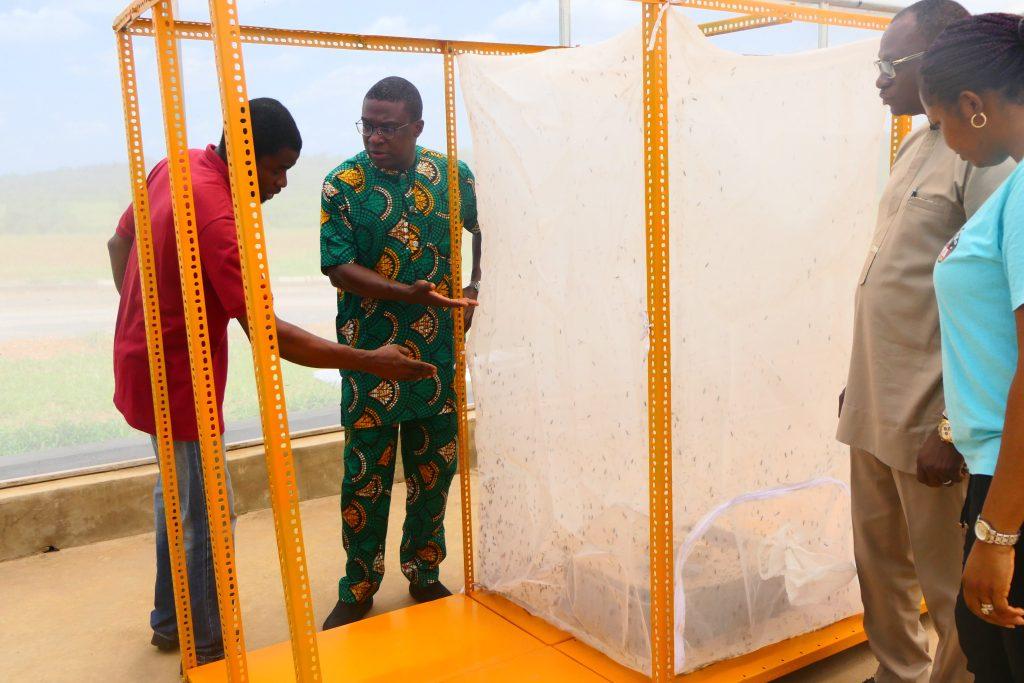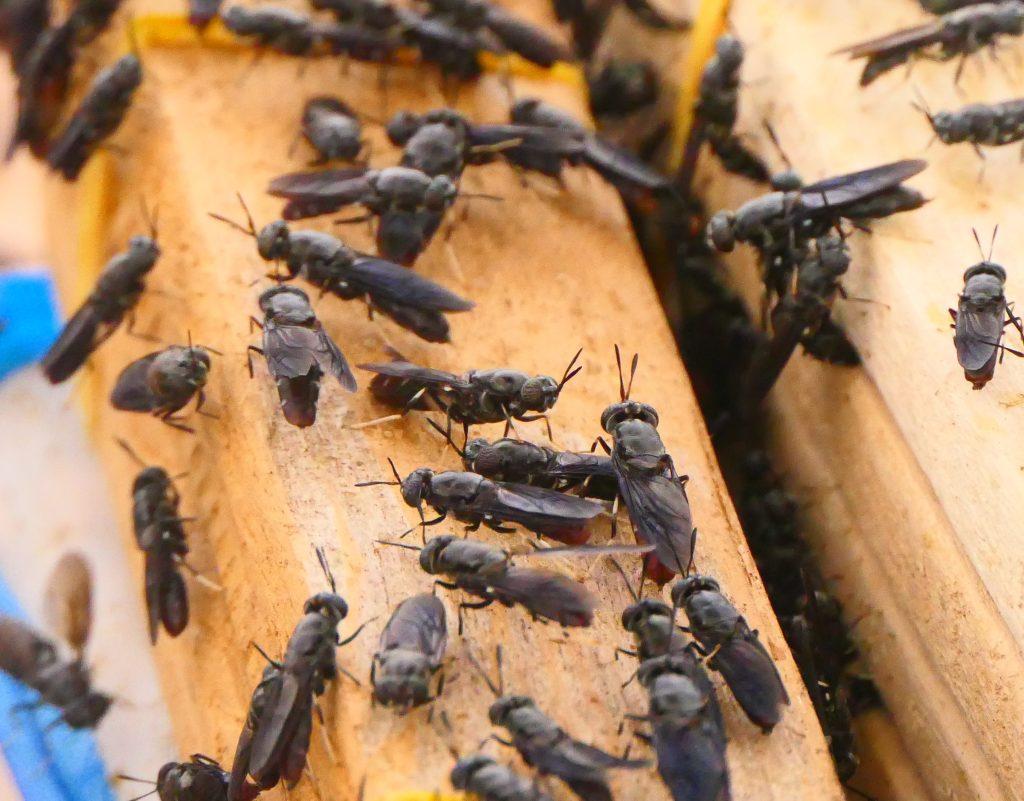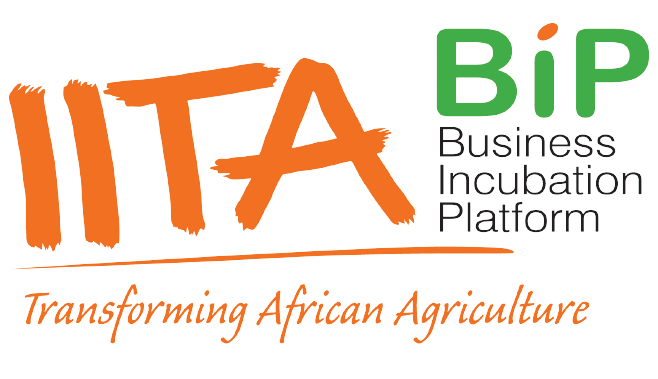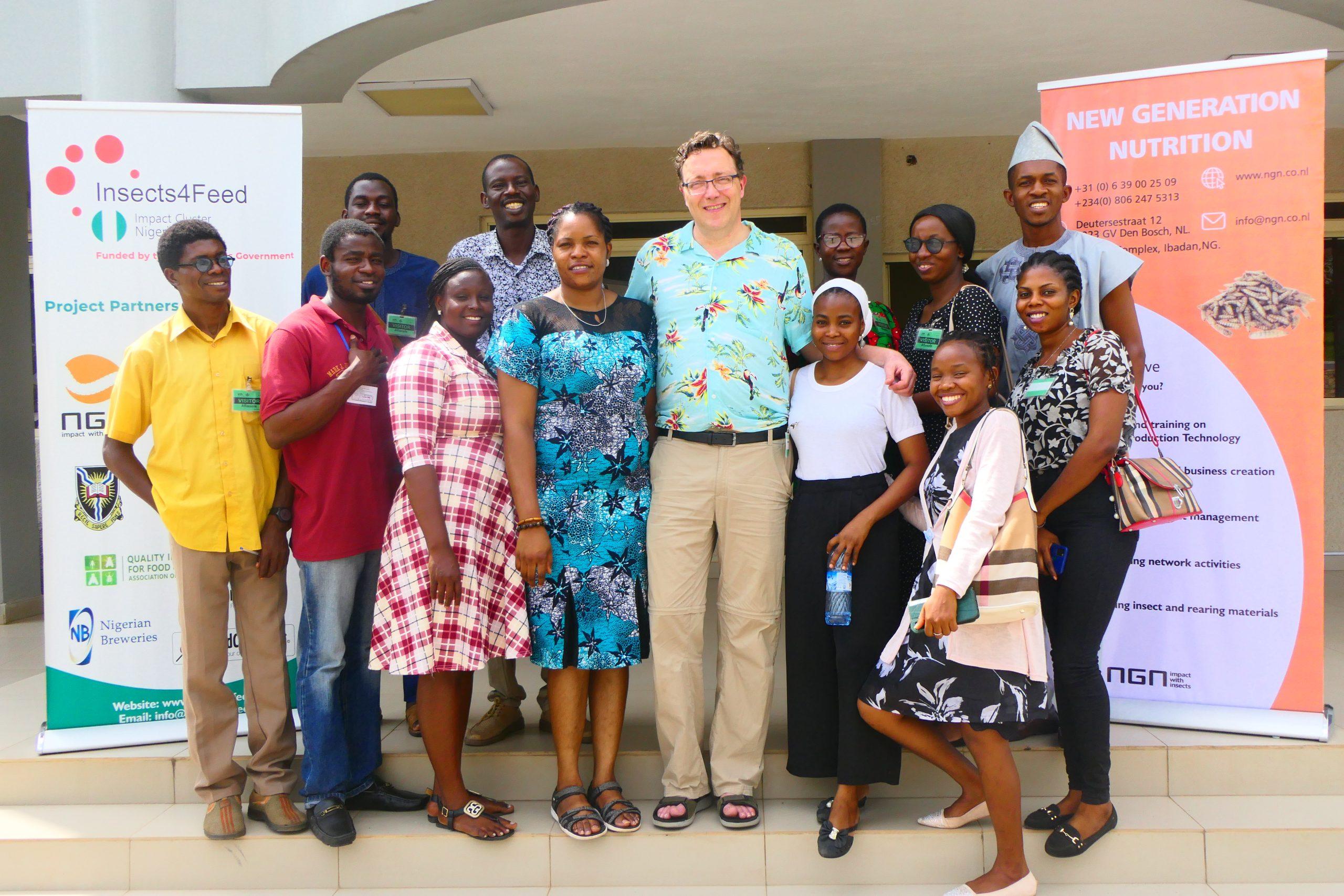New Generation Nutrition (NGN), Netherlands and the Business Incubation Platform of the International Institute of Tropical Agriculture (IITA-BIP) have kicked off training activities aimed at developing entrepreneurs in Black soldier Fly larva farming. The partners recently organized a 4-day Training of Trainers (ToT) on Black Soldier Fly (BSF) farming. The training was organized under the Insect4Feed Project to prepare a group of trainers who will further train entrepreneurs in Black Soldier Fly farming.
The Insects4Feed Impact cluster, funded by the Netherlands government, aims to address the growing need for a local, sustainable and affordable animal protein source for the fish and poultry feed industry in Nigeria and create job and income opportunities in the insect farming value chain. NGN, a social enterprise in insect sector development in the Netherlands and African countries, is the lead partner responsible for implementing the project while IITA BIP is responsible for the project’s training and entrepreneurship development component.
According to the Chief Executive Officer of IITA BIP, Dr Debo Akande, the Insect4Feed Project will reduce the cost of poultry and fish farming by creating cheaper, local and alternative feeds while also creating jobs in the insect farming value chain.
“One of the main challenges in the livestock sector in Nigeria is the high cost of feed and this is driving a lot of poultry and fish farms out of business. And this contributes to the high cost of livestock products and animal protein sources available to the people. While about 75 per cent of fish feed in Nigeria is imported, the country spends around $60 million yearly to import fish.

“This training marks the beginning of the development of sustainable business models with insects through research and education. As a partner in the Insect4Feed project, IITA BIP is focused on helping BSF farmers and entrepreneurs build profitable businesses in BSF farming through training, capacity development and advisory services. This will help grow the livestock industry, contribute to employment, improve food security and protect the environment by creating utilization of organic wastes.
According to John Amole, the Nigeria Project Lead for NGN, the product of interest in BSF farming is the larva which is used as animal feed. The larva is rich in proteins, that can be fed to chickens, pigs and fish.
“The black soldier fly is a common tropical fly species. Unlike some other insects or the regular house flies, black soldier flies are not pests, they do not transmit diseases and they are not poisonous. They do not sting or bite. Rather, they are beneficial to man and the ecosystem as they act as decomposers, recyclers, and scavengers.”

He explained that there are two routes in the insect farming business – Production and Reproduction. “In Production – only involves rearing the larvae. The farmer purchases the eggs or young larvae from other breeders and raises them into harvest-ready larvae. In reproduction, the farmer goes through the full life cycle and lets the black soldier flies produce eggs for a new population of larvae. He only purchases the starting population once.
Other partners on the project include the University of Ibadan, the Netherlands-African Business Council, Nigerian Breweries Plc, Quality Insects for Food and Feed Association in Nigeria (QIFFAN), ProEnto and FeedCalculator.

